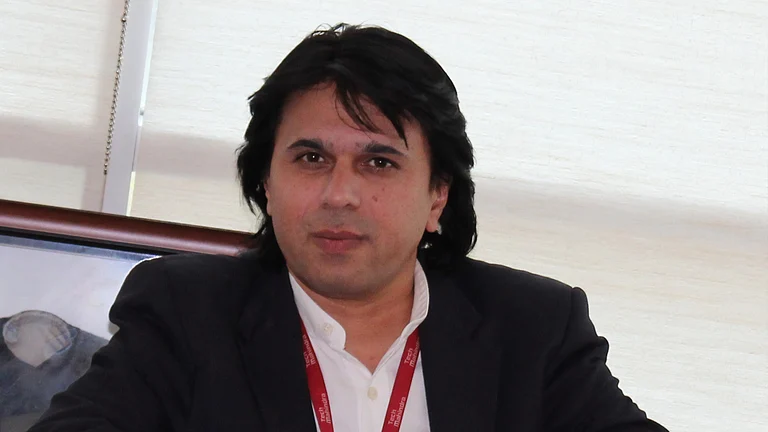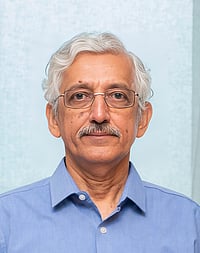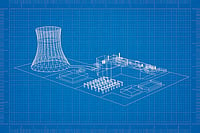Rupal Gupta, Parveen Jangra and Anirudh Saraswat, engineers with deep roots in the solar industry, came together to start Oriana Power in 2013. The vision was clear: Build a company that balanced profitability with environmental sustainability, creating long-term value through climate action.
Oriana Power has had a fascinating journey. Having started as a consultancy, it moved into EPC (engineering, procurement and construction) services in 2017. Two years later, it transitioned to the IPP (independent power producer) model, investing its capital to sell electricity directly while also helping its clients get around financial bottlenecks. “Over the years, we’ve successfully delivered marquee projects including floating solar plants, hilltop installations, a 28MW project on a coal dumping yard and a 129MW project for the steel industry. Oriana has built expertise across the solar ecosystem—rooftops, parking structures, water bodies and industrial spaces,” says Anirudh Saraswat, founder and chief business officer.
A 3MW floating solar installation in Vishakhapatnam was executed during the COVID-19 pandemic and was the first project of that size to become operational. Now, Oriana is going big on the technology and eyeing more than 100MW installation in two years.
The organisation has executed numerous solar energy projects in Kenya and India and offers affordable solutions to large corporations, commercial hubs and industries, along with government bodies and PSUs.
The Path was Not So Easy
The journey, however, has not been without its challenges. In the face of financing and regulatory headwinds, a bootstrapped Oriana finally succeeded in getting SBI to fund its first project after seven attempts.
“From there, we built credibility through timely execution and regular repayments, enabling us to scale without any equity dilution,” remembers Saraswat. He adds, “It was tough for us, but we kept delivering special projects because in the solar industry, it's not about how you win orders. It's about how you execute them, and the timing is the key.”
While the COVID-19 pandemic was a challenging time, it also came as an opportunity for the company. “Our Resco (renewable energy service company) projects kept generating income, and we built a robust network of 83 channel partners across India, which became a major growth driver post-pandemic,” says Saraswat.
The breakthrough moment for a company with humble beginnings was the successful launch of small and medium enterprises (SME) initial public offering (IPO) in August 2023. The founders had experience in pitching to private equity and venture capital funds, which helped them swing the SME IPO. Oriana was among the few companies that took the IPO route in the solar industry, bucking the industry trend of tapping NASDAQ or other exchanges in the US or the UK. Soon, other companies followed suit. The issue size was almost Rs 60 crore. Before that, in the pre-IPO round, it raised more than $1mn.
It brought not just capital but credibility and enabled the company to gain increased visibility, shifting its client base from BBB-plus-rated companies to AAA-rated clients. It scaled to over 600MW of completed and under-construction projects.
Last year, Oriana raised another Rs 200+ crore from the preferential round, showing how far it had come from its initial struggle for finances.
Securing the Future
With energy security being a primary concern in India, Oriana is focused on providing robust supply chain solutions. “We have changed our model from importing modules to using domestic modules,” says Saraswat.
With forward integration as its vision, the company is entering into the battery energy storage systems (BESS) and green hydrogen domains. Oriana was the lowest bidder in two major BESS projects in Telangana and Rajasthan. It is also working on modular plug-and-play hydrogen solutions. “We're coming up with a 1GW electrolyser factory in Madhya Pradesh to enable scalable, cost-effective hydrogen production with modular, pre-tested systems,” says Saraswat.
A complete shop for renewable energy, Oriana is poised to contribute significantly to India's energy push. It has set an internal target of 60 GW EPC and 2.5 GW IPP for the next five years. “As a country, we import petrol, diesel and lithium batteries. So, it's the right time for us to work on these technologies to make India energy secure. If global conditions go haywire, we should have our energy sources.” That’s what Oriana is doing—helping India gain its energy security.






























